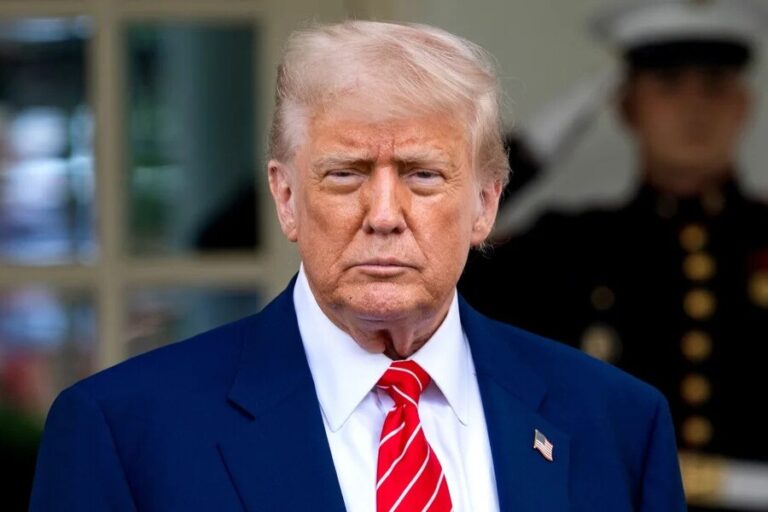Former President Donald Trump announced he will sign an executive order aimed at slashing U.S. prescription drug prices by tying them to the lowest rates paid globally — a revived effort from his first term that could dramatically reshape the pharmaceutical landscape in the U.S.
The executive order, scheduled to be signed at 9 a.m. ET on May 12, reintroduces the “most favored nation” (MFN) pricing policy. This would mandate that the United States not pay more for prescription drugs than the country that pays the least — a pricing benchmark that Trump says could drive costs down by 30% to 80% almost immediately.
Trump first introduced the MFN model in 2020, targeting Medicare Part B pricing. However, the initiative was later scrapped under the Biden administration. The newly revived version signals Trump’s renewed focus on high drug costs — a hot-button issue for millions of Americans — as he gears up for a potential return to the White House.
In a statement posted to his Truth Social platform, Trump wrote: “I will be instituting a MOST FAVORED NATION’S POLICY whereby the United States will pay the same price as the Nation that pays the lowest price anywhere in the World. Our Country will finally be treated fairly, and our citizens’ Healthcare Costs will be reduced by numbers never even thought of before.”
According to a 2024 U.S. Department of Health and Human Services (HHS) report, prescription drug prices in the U.S. are nearly three times higher than in 33 other high-income nations.
While the executive order’s broad goal is clear, its scope remains uncertain. It is not yet known which specific drugs or insurance programs, including whether it will be limited to Medicare or expand to private plans, will be affected. However, early reports suggest that the policy could reach beyond the 10 drugs currently subject to price negotiation under President Biden’s Inflation Reduction Act. The Biden-era reductions are set to take effect in 2026.
Approximately 67 million Americans are enrolled in Medicare, making it a powerful lever for any drug pricing reform.
Unsurprisingly, the pharmaceutical industry reacted swiftly and critically. Alex Schriver, spokesperson for the Pharmaceutical Research and Manufacturers of America (PhRMA), said: “Government price setting in any form is bad for American patients.”
Drugmakers argue that price caps may reduce profit margins, stifling innovation and research into new treatments. There are also concerns that companies may circumvent pricing parity by structuring deals with foreign governments through behind-the-scenes rebates or subsidies — essentially keeping U.S. prices high while appearing to meet global standards.
Critics further warn that such a policy could inadvertently harm U.S. patients by creating drug shortages or limiting access to cutting-edge therapies if pharmaceutical companies shift distribution away from markets enforcing MFN pricing.
Trump’s timing appears strategic. He teased the announcement for days, calling it “as big as it gets,” and noted it would be “one of the most important and impactful” messages he’s issued. The announcement comes just ahead of a high-profile trip to the Middle East with stops in Saudi Arabia, Qatar, and the United Arab Emirates.
The executive order could bolster Trump’s populist messaging on reining in corporate power — a theme he emphasized during his presidency. It also frames healthcare costs, particularly drug prices, as a key battleground issue heading into the 2024 election cycle.
For everyday Americans, especially seniors and those on fixed incomes, the cost of prescription medication remains a top concern. Trump’s promise to cut drug prices significantly taps into this widespread frustration. If successful, the MFN policy could lead to tangible savings at the pharmacy counter. However, implementation challenges, legal hurdles, and political resistance could delay — or even derail — its impact.
Much will depend on the final language of the executive order and how HHS chooses to enforce it. Legal challenges are almost guaranteed, especially from powerful drug lobbyists and pharmaceutical companies. Congress could also become involved, particularly if implementation requires funding or regulatory changes.
Meanwhile, Trump’s move reignites a broader national debate: Should the U.S. tie its healthcare pricing to other nations, or carve its own path — even if that means paying more?
